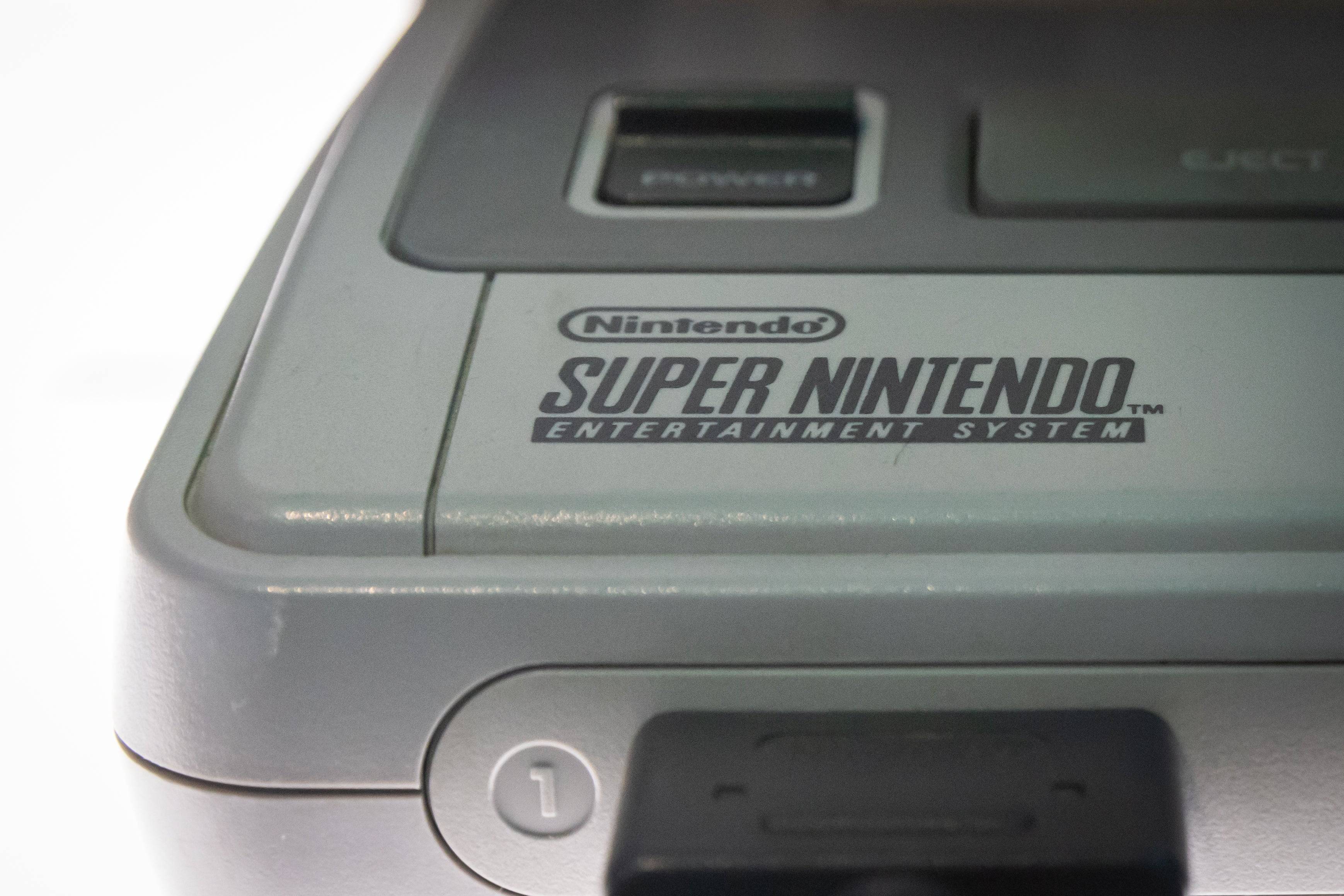The speedrunning community is buzzing over a surprising technological phenomenon: it appears that the Super Nintendo Entertainment System (SNES) is running games faster as it ages. This theory, first highlighted by Bluesky user Alan Cecil (@tas.bot) in early February, suggests that the nearly 50 million SNES units sold worldwide might be performing better now than when they were new in the 1990s. Games like Super Mario World, Super Metroid, and Star Fox could potentially benefit from this unexpected boost.
The notion that a video game console could improve its performance over time seems far-fetched, but Cecil's research points to a specific component—the audio processing unit (APU) SPC700—as the key to this anomaly. According to an interview with 404 Media, official Nintendo specs state that the SPC700 has a digital signal processing (DSP) rate of 32,000Hz, controlled by a ceramic resonator running at 24.576MHz. However, retro console enthusiasts have noted that these specs aren't entirely accurate, as recordings over the years show varying DSP rates influenced by factors like temperature. This variation in DSP rates affects how audio is processed and sent to the CPU, subtly impacting game speed.

Cecil's curiosity led him to ask SNES owners to record data about their consoles. The responses, numbering over 140, reveal a clear trend of increasing DSP rates. Previously recorded averages in 2007 were around 32,040Hz, but Cecil's latest findings show an average of 32,076Hz. While environmental factors like temperature do affect these rates, they don't account for the overall increase observed. In a follow-up Bluesky post, Cecil detailed that "Based on 143 responses, the SNES DSP rate averages 32,076Hz, rising 8Hz from cold to warm. Warm DSP rates go from 31,965 to 32,182Hz, a 217Hz range. Therefore, temperature is less significant. Why? How does it affect games? We do not know. Yet."
Despite the intriguing findings, Cecil acknowledges that further research is necessary to understand the full extent and cause of this phenomenon. Data from the console's first decade is scarce, making it challenging to draw definitive conclusions. However, the SNES seems to be aging gracefully as it approaches its 35th anniversary.
This development has significant implications for the speedrunning community. An SPC700 processing audio faster could theoretically reduce load times in certain game sections, potentially affecting decades of leaderboard rankings. Yet, the impact on speedruns is not straightforward. Even under the most extreme conditions, the new findings might only reduce a speedrun by less than a second. The specific benefits for each game are still under debate, and it's unclear how much longer speedruns might be affected.
As Cecil continues to explore what makes the SNES tick, the console appears to be thriving in its 30s. For more on the SNES, you can check out its ranking on the list of best-selling consoles of all time.

 Latest Downloads
Latest Downloads
 Downlaod
Downlaod




 Top News
Top News









